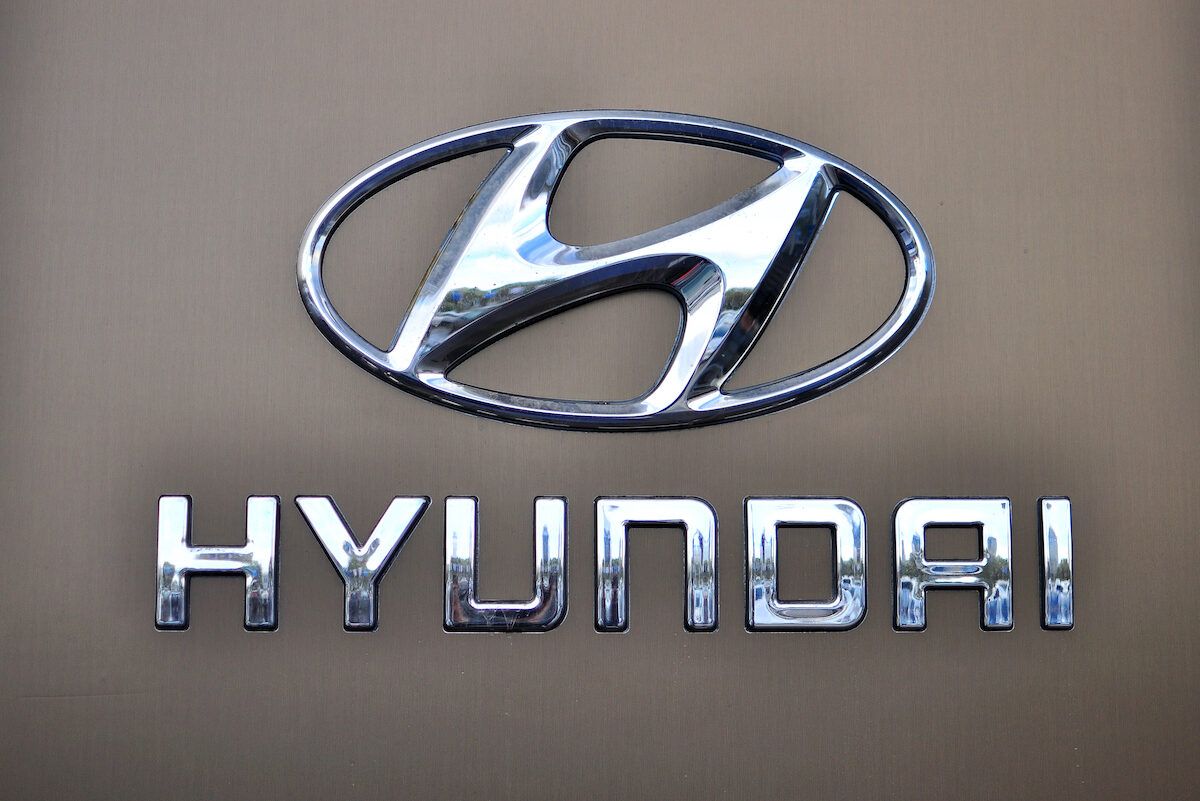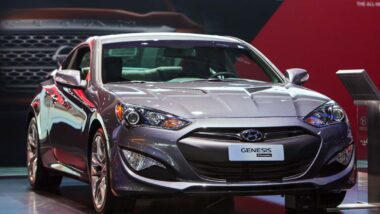
Update:
- A judge dismissed a class action lawsuit filed by a group of vehicle owners against Hyundai Motor Co. in a California federal court.
- The class action lawsuit claimed a number of Hyundai and Kia model vehicles contained an engine defect that caused them to use an excessive amount of oil.
- The vehicle owners argued the alleged defect, in addition to costing them money for the excess oil, caused the vehicles to stall and eventually fail.
- Court approval of the dismissal was not required as the class had not been certified nor proposed to be certified for purposes of a settlement, according to court documents.
Hyundai excessive oil consumption class action lawsuit overview:
- Who: A group of Hyundai and Kia vehicle owners are suing Hyundai Motor Co.
- Why: The drivers allege numerous models of Hyundai and Kia vehicles are equipped with defective engines that use excessive amounts of oil, stall and eventually fail.
- Where: The lawsuit was filed in a California federal court.
(April 20, 2022)
Hyundai makes numerous models of Hyundai and Kia brand vehicles with defective engines that use excessive amounts of oil, costing their owners huge sums of money, a new class action lawsuit alleges.
On Apr. 12, eight owners of Hyundai and Kia brand vehicles filed a class action lawsuit against Hyundai Motor Co. in a California federal court, alleging violations of federal warranty laws.
The Hyundai excessive oil consumption lawsuit alleges that numerous models of the automaker’s vehicles are equipped with defective Nu, Gamma, Theta, Lambda and Kappa engines.
The defective engines allegedly use excessive amounts of oil, stall and eventually fail. The drivers say Hyundai should have issued a recall for the vehicles a long time ago but hasn’t.
As a result, thousands of Hyundai and Kia owners and lessees have allegedly been forced to constantly check the oil levels, and oil must be added to the engines more frequently than even the owner’s manuals recommend, Car Complaints reports.
The engine issue has flow-on effects like reduction in engine lubrication due to crankshaft submersion and gaskets and seals damage, which leads to oil leaks.
The plaintiffs also claim that oil in their vehicles migrates to places where it shouldn’t be, damaging the combustion and exhaust systems.
This allegedly causes “abnormal wear of engine parts, oversaturation of carbon and deposits of oil sludge, ultimately requiring a costly engine rebuild or replacement.”
Automaker should honor warranty claims outside terms, Hyundai class action says
The plaintiffs allege that Hyundai should honor customers’ warranty claims even when the warranties have expired.
According to the lawsuit, Hyundai can’t adequately repair the oil consumption problems and doesn’t offer any reimbursement for out-of-pocket costs caused by the issue.
The class action states customers must suffer through long wait times for replacement parts, “and in most cases do not receive required engine replacements.”
The cars with the allegedly faulty engines include the 2012-2020 Hyundai Elantra, 2009-2018 Hyundai Genesis Coupe, 2019-2021 Hyundai Kona, 2020-2021 Hyundai Palisade, 2010-2012 and 2015-2021 Hyundai Santa Fe, 2009-2010 and 2015-2021 Hyundai Sonata, 2011–2021 Hyundai Sonata Hybrid, 2010-2013 and 2015-2021 Hyundai Tucson, 2011-2021 Hyundai Veloster, 2020-2021 Hyundai Venue, 2010-2021 Kia Forte, 2017-2020 Kia Niro, 2011-2020 Kia Optima and Optima Hybrid, 2012-2021 Kia Rio, 2011-2020 Kia Sorento, 2012-2021 Kia Soul, 2011-2020 Kia Sportage, 2018-2021 Kia Stinger and 2022 Kia K5.
Meanwhile, Hyundai has expanded its recall of vehicles with an exploding seat belt part issue that has caused multiple injuries to include 6,240 of its 2021-2022 Elantra and 2020 Accent vehicles.
The plaintiffs are represented by Nye, Stirling, Hale & Miller LLP, Sauder Schelkopf LLC and Walsh, PLLC.
The Hyundai Oil Consumption Lawsuit is Cho, et al., v. Hyundai Motor Company, LTD., et al. in the U.S. District Court for the Central District of California.
Are you one of the drivers affected by an allegedly faulty Hyundai engine? Let us know in the comments!
Don’t Miss Out!
Check out our list of Class Action Lawsuits and Class Action Settlements you may qualify to join!
Read About More Class Action Lawsuits & Class Action Settlements:















3,221 thoughts onHyundai class action over excessive oil consumption dismissed
Add me to the list. 2015 Optima SX. Engine seized last week. Repair shop drained the oil and found it was contaminated with metal.
Add me to the list. Been fighting this issue for a long long time. Dealership just claimed it used a quart of oil for every 1000 miles like it was normal. Had to find out from another Hyundai car owner to ask for an oil consumption test.
They chose not to replace my engine. They cleaned the engine, but still has the issue. Sign me up for the class action suit.
My car is a 2018 Hyundai Tucson
I have a 2015 Hyundai Sonata Limited 66,000 miles. Last 2 oil changes haven’t even registered on the dip stick. I get my oil changed every 3k-4k miles.
I have a 2017 Kia Soul with high oil consumption. Being told oil is leaking into the manifold. I still owe 13000 on it and am so frustrated at the warranty company and Kia. They know these vehicles are having this issue yet don’t want to honor the warranty. How can I be added to this class action lawsuit?? My car has been in the shop for two months and rental fees are killing me. Kia doesn’t have a loaner vehicle and the warranty company only offers two day rental.
I have a Kia Optima 2012 that uses excessive oil, the engine has seized and then the fuel pump started messing up
my mother has a 2019 sorento and i have a 2016 forte5 with the gamma motor, what do we need to do?
2016 SANTA FE LOCKED UP WITH 110,000 MILES ON IT!! ZERO
OIL WAS FOUND AFTER HAVING OIL CHANGED 3 MONTHS PRIOR.
STILL SITTING AT THE DEARLERSHIP!! WE HAD TO PURCHASE
ANOTHER VEHICLE! HYUNDAI REFUSED TO HELP US OUT!!
I own 2016 Hyundai Veloster, bought vehicle new. After several catalytic converter changes and currently on third motor replacement, vehicle still does not run properly keeps giving code for faulty knock sensor, replaced sensor at my cost 💲800. No help after vehicle sat at dealership for approximately 6 months, dealer claims vehicle needs new engine wiring harness and wants to charge me $8500. PLEASE AD ME TO LAWSUIT!!!
I have a 2017 Sante Fe Sport. Began having axle issues at just 86,000 miles. And now at 90,000 using an abundance of oil. It is just a sad time. Almost impossible to buy a new car at the present time. Who knows what you’d get if you buy a used car!
Yes add me I own a 2015 Hyundai Elantra